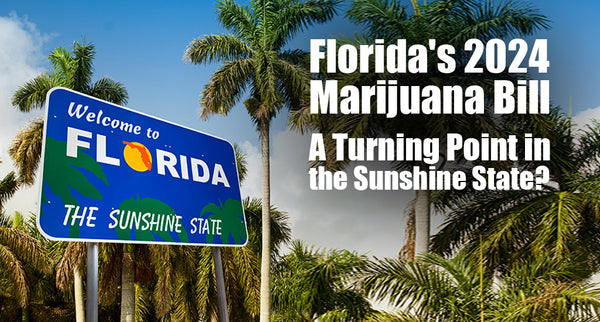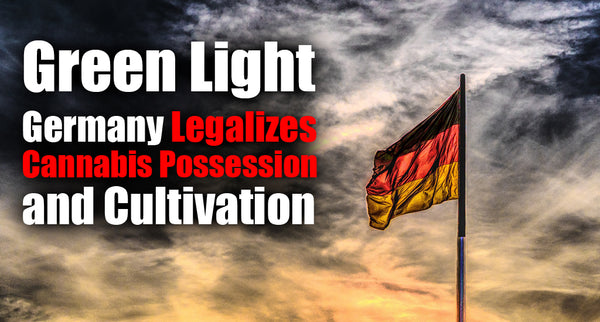
Governors Rally for Cannabis Rescheduling: A Pivotal Push for Policy Change
-
Governor Polis and five other governors are urging the Biden administration to reclassify cannabis, emphasizing the widespread public support and the need to update outdated federal policies for public safety and business growth.
-
Rescheduling cannabis could significantly benefit the industry financially, enabling standard tax deductions and supporting a market projected to grow substantially.
-
Regulated cannabis markets are deemed safer than unregulated ones, with potential reductions in opioid use, abuse, and related health and safety issues, highlighting the importance of a state-regulated approach for public health.
Governor Polis of Colorado, alongside Governors J.B. Pritzker of Illinois, John Bel Edwards of Louisiana, Wes Moore of Maryland, Kathy Hochul of New York, and Phil Murphy of New Jersey, recently penned a letter to the Biden administration. In this correspondence, they commended President Biden for reevaluating the status of cannabis and urged the federal government to change its classification.
The governors collectively expressed their aspiration for the Drug Enforcement Administration to reclassify cannabis from Schedule I to Schedule III within the year, noting that nearly 88% of Americans support legalizing cannabis for both medical and recreational purposes. They argue that this change is necessary to address the current outdated classification, which poses risks to small businesses and public safety.
A significant quote from the letter highlights the progress made by states in regulating cannabis: “This decision by a leading federal health agency comes on the heels of 38 states creating their own state markets and complementary regulatory systems. In some cases, these state regimes have thrived for more than a decade, and this recommendation by FDA is a real testament to their success. It’s a signal that FDA and the Department of Health and Human Services have faith in state regulators and the regulations that they have promulgated to keep citizens safe."
The governors also noted the financial benefits of rescheduling cannabis, pointing out that it would enable cannabis-related businesses to avail themselves of standard tax deductions. They highlighted the industry's substantial growth, with $30 billion in sales in 2022 and projections to exceed $71 billion by 2030. They emphasized that rescheduling would alleviate financial and safety challenges for businesses and allow the cannabis industry to fully participate in the American economy.
The governors argued that regulated cannabis, sold in state-legal markets, is safer than unregulated alternatives and is linked to decreased opioid use and abuse, hospitalizations, traffic fatalities, drug treatment admissions, and overdose deaths. They stressed that this policy change would enhance public safety.
Another notable quote from the letter emphasized the inevitability of cannabis demand: “There is, and will continue to be, a significant consumer demand for cannabis. That fact will not change regardless of the public policy choices that we make. So, it seems obvious and sensible to us to make cannabis as safe as it can be for adult consumers while simultaneously protecting our children. The state-regulated marketplace does just that. If the state-legal marketplace doesn’t survive, then we will see unsafe products on every street corner.”
Leave a comment
Comments will be approved before showing up.



